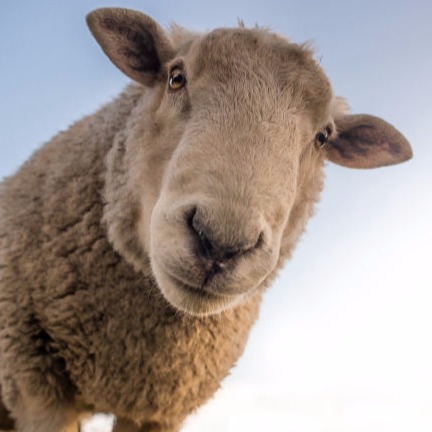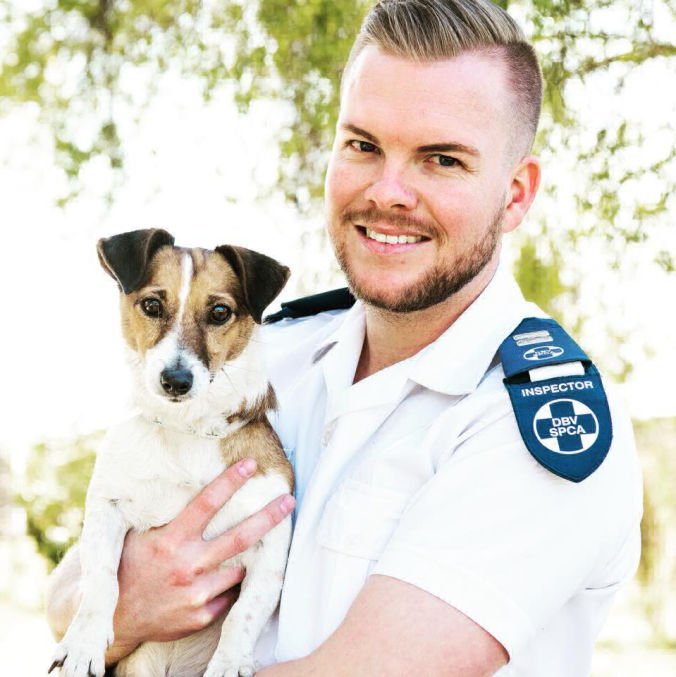The SPCA name and logo is a registered trademark and may not be used without written permission. Click here for more information.
It is exactly as our name indicates. Our mission is the prevention of cruelty to animals, by way of education, law enforcement, and pro-active and reactive activities. This means that we are concerned with the welfare of all animals, from the tiniest mouse right up to the largest elephant.
In other words, we freely stick our noses in where there are domestic animals, farm animals, working animals, traction animals, animals reared for food, wild animals, animals used for entertainment and exhibition, animals used in sport, hunting animals, animals placed in danger, animals used for research and so on.
The SPCA is responsible for supporting the SA Police Service in enforcing legislation including but not limited to the Animal Protection Act and the Performing Animals Protection Act.
The first SPCA in South Africa was started approximately 125 years ago, and today there are over 80 SPCAs throughout South Africa, ranging from very small in size to very large.
Over the years, as the number of SPCAs grew, their management teams realised that a forum was needed to address common issues as well as ensure uniformity, the maintenance of high standards of welfare and quality service to the community.
The result? The Federation of SPCAs (now the National Council of SPCAs) was founded in 1955 and the SPCA movement subsequently negotiated to have its own self-governing Act of Parliament in the early nineties. This was promulgated and enacted as the Society for the Prevention of Cruelty to Animals Act, No. 169 of 1993.
● To uphold the standards of the SPCA movement.
● Clean facilities and vehicles.
● To be treated with courtesy and respect by the staff and volunteers of the SPCA.
● To know that staff and volunteers are handling the animals correctly with care and dignity and that they are setting an example to you.
● To respond immediately to an emergency.
● To respond within 24 hours to a cruelty complaint.
● To receive a telephonic report back of what has happened if you lodged a cruelty complaint.
● Not to refuse admission to an unwanted, abandoned, or stray animal.
● To be vigilant when finding homes for animals.
● To be given the reason if you are refused for adoption of an animal. To be provided with all known information about an animal that is up for adoption (other than the details of its previous owner).



